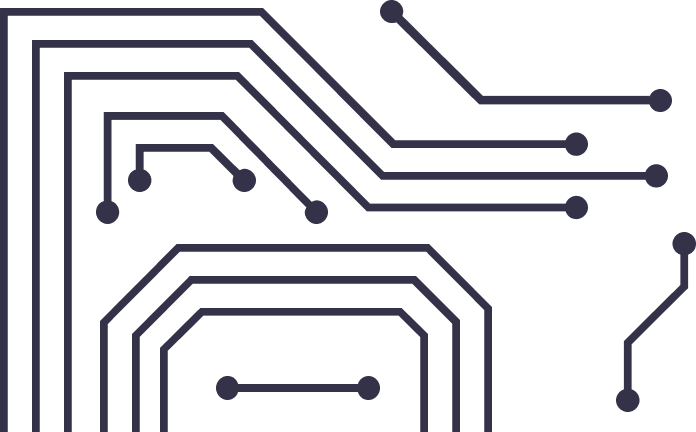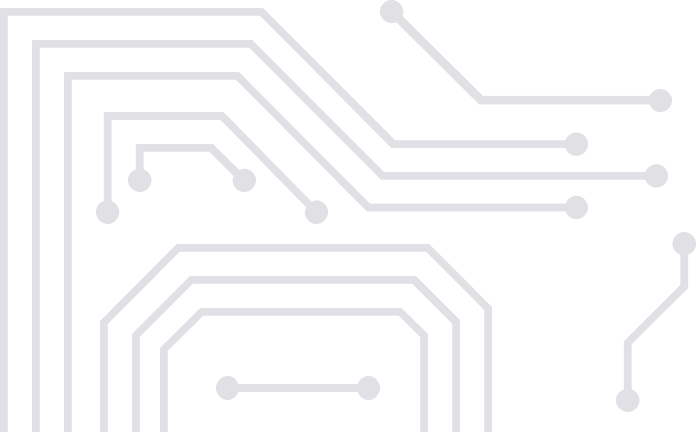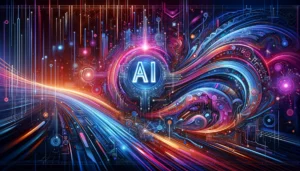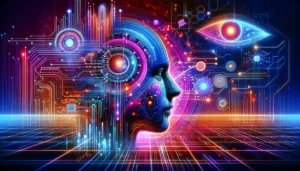Robust AI Algorithms: Building the Future of Artificial Intelligence

In the ever-evolving landscape of technology, Artificial Intelligence (AI) stands as a pivotal force that continually reshapes industries and human interactions. At the core of AI’s capabilities lie robust algorithms that empower machines to learn, adapt, and perform tasks with human-like intelligence. This article delves into the world of robust AI algorithms, exploring how they are shaping the future of artificial intelligence.
Table of Contents
- Introduction
- The Significance of AI Algorithms
- Robustness in AI: A Necessity
- Challenges in Building Robust AI Algorithms
- Machine Learning and Robustness
- Deep Learning’s Role in Robust AI
- Ensuring Ethical and Fair AI
- Applications of Robust AI Algorithms
- The Future of AI: Robust and Ethical
- Impact on Healthcare
- Robust AI in Autonomous Vehicles
- Enhancing Cybersecurity
- Education and Personalized Learning
- Conclusion
- Frequently Asked Questions
Introduction
Artificial Intelligence has transcended the realm of science fiction and become an integral part of our daily lives. From virtual assistants to recommendation systems, AI is transforming industries and experiences. At the heart of this transformation are the algorithms that fuel AI systems.
The Significance of AI Algorithms
AI algorithms are the brain behind the machines. They enable computers to analyze data, recognize patterns, and make decisions. Without robust algorithms, AI would be powerless. Robust algorithms can handle noisy or incomplete data, adapt to changing conditions, and perform well in real-world scenarios.
Robustness in AI: A Necessity
Robustness in AI refers to the ability of algorithms to perform consistently and accurately, even in challenging situations. It’s crucial because the real world is full of uncertainties and variations. A robust AI algorithm can recognize a face in different lighting conditions or understand speech in noisy environments.
Challenges in Building Robust AI Algorithms
Creating robust AI algorithms is not without its challenges. The diversity of real-world data, the need for constant adaptation, and the risk of bias in decision-making pose significant hurdles. Researchers are working tirelessly to address these issues.
Machine Learning and Robustness
Machine learning, a subset of AI, relies heavily on data. Robustness in machine learning means building models that generalize well across various data distributions. This ensures that AI systems work reliably in different contexts.
Deep Learning’s Role in Robust AI
Deep learning, with its neural networks and layers, has made remarkable strides in AI. It plays a vital role in enhancing the robustness of AI algorithms by enabling them to learn intricate patterns from large datasets.
Ensuring Ethical and Fair AI
Robust AI should not only be technically sound but also ethically responsible. Ensuring fairness, transparency, and accountability in AI algorithms is essential to prevent biases and discrimination.
Applications of Robust AI Algorithms
The applications of robust AI are vast and diverse:
The Future of AI: Robust and Ethical
The future of AI lies in the hands of robust and ethical algorithms. These algorithms will drive innovations across various sectors, making AI a force for good.
Impact on Healthcare
In healthcare, robust AI algorithms can assist doctors in diagnosing diseases, analyzing medical images, and predicting patient outcomes. This leads to quicker and more accurate treatments.
Robust AI in Autonomous Vehicles
Autonomous vehicles rely on robust AI algorithms to navigate safely through unpredictable traffic, weather conditions, and unexpected obstacles.
Enhancing Cybersecurity
In the digital age, cybersecurity is paramount. Robust AI can detect and mitigate cyber threats in real-time, safeguarding sensitive information.
Education and Personalized Learning
In education, AI algorithms can personalize learning experiences, adapting to students’ needs and improving educational outcomes.
Conclusion
Robust AI algorithms are the foundation of the AI revolution. They enable machines to understand the complexities of the real world, adapt to changing circumstances, and make decisions that benefit humanity. As we move forward, it’s imperative that we prioritize not only technical robustness but also ethical considerations to ensure AI serves as a force for good.
Frequently Asked Questions
- What are AI algorithms, and why are they important?AI algorithms are sets of rules and instructions that enable machines to perform tasks with human-like intelligence. They are vital because they power AI systems and determine their capabilities.
- What is the significance of robustness in AI?Robustness in AI ensures that algorithms perform consistently and accurately in various real-world conditions, making AI systems reliable and adaptable.
- How do deep learning and machine learning contribute to robust AI?Deep learning and machine learning techniques enhance the robustness of AI algorithms by enabling them to learn from large datasets and generalize well across different data distributions.
- What role does ethics play in the development of AI algorithms?Ethics in AI is crucial to ensure fairness, transparency, and accountability in algorithmic decision-making, preventing biases and discrimination.
- What are some practical applications of robust AI algorithms?Robust AI algorithms find applications in healthcare, autonomous vehicles, cybersecurity, education, and various other fields, enhancing efficiency and safety.










